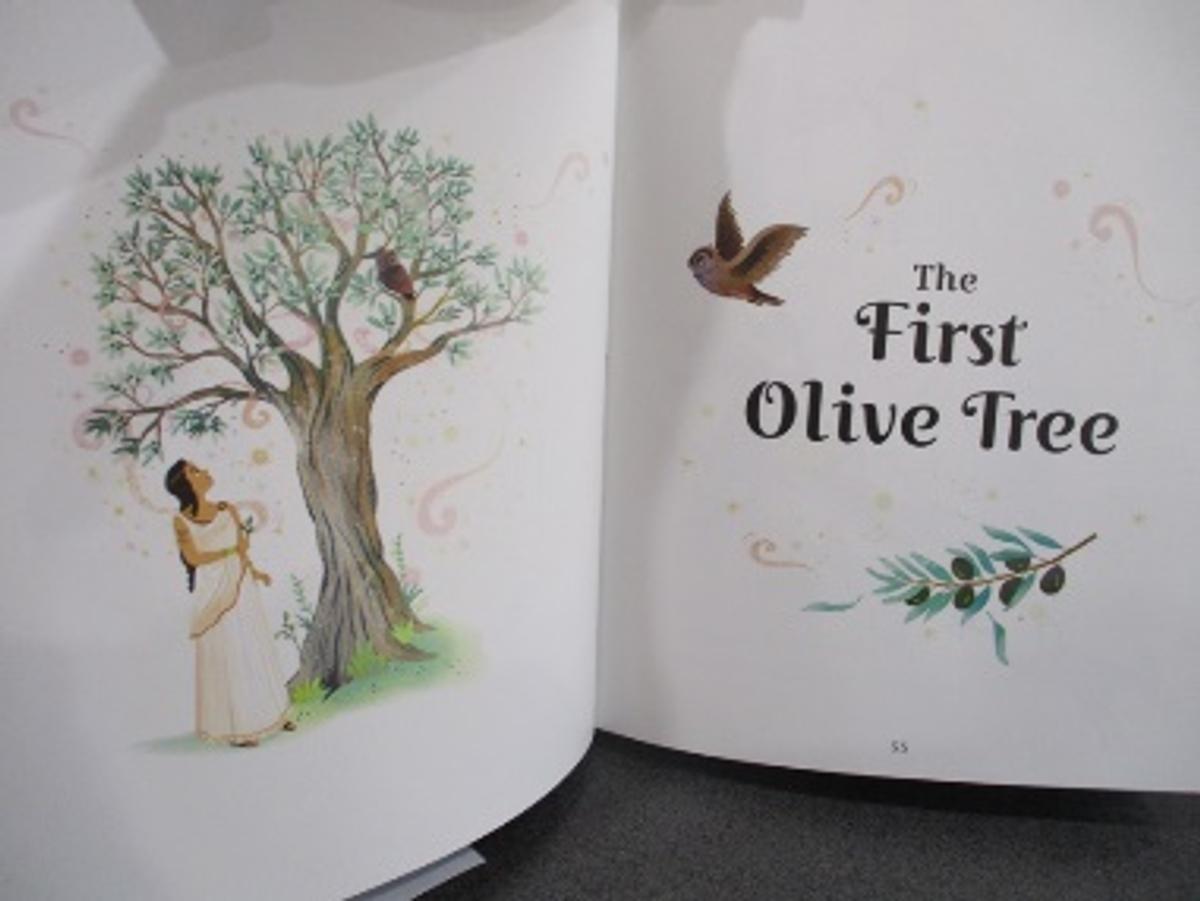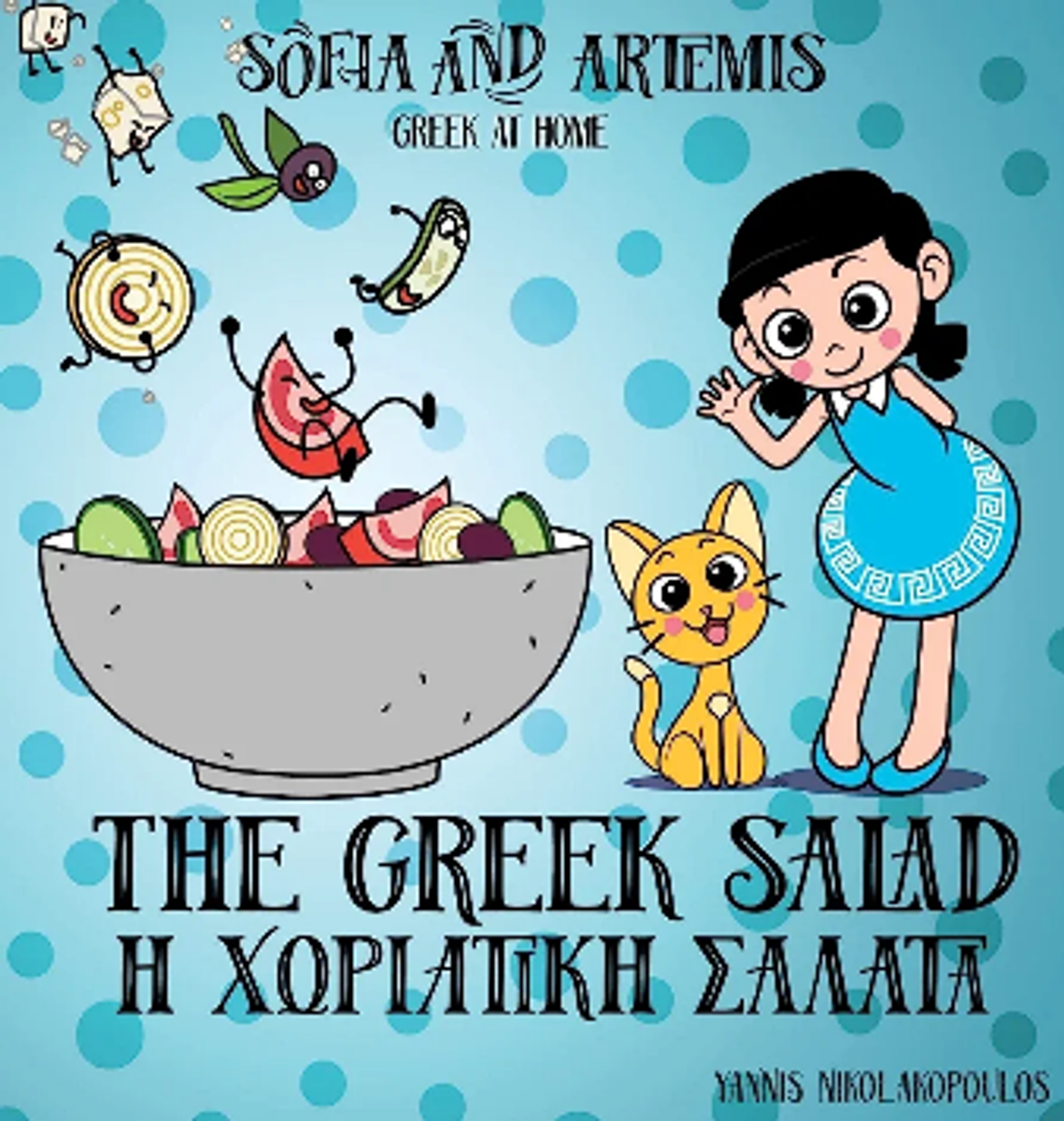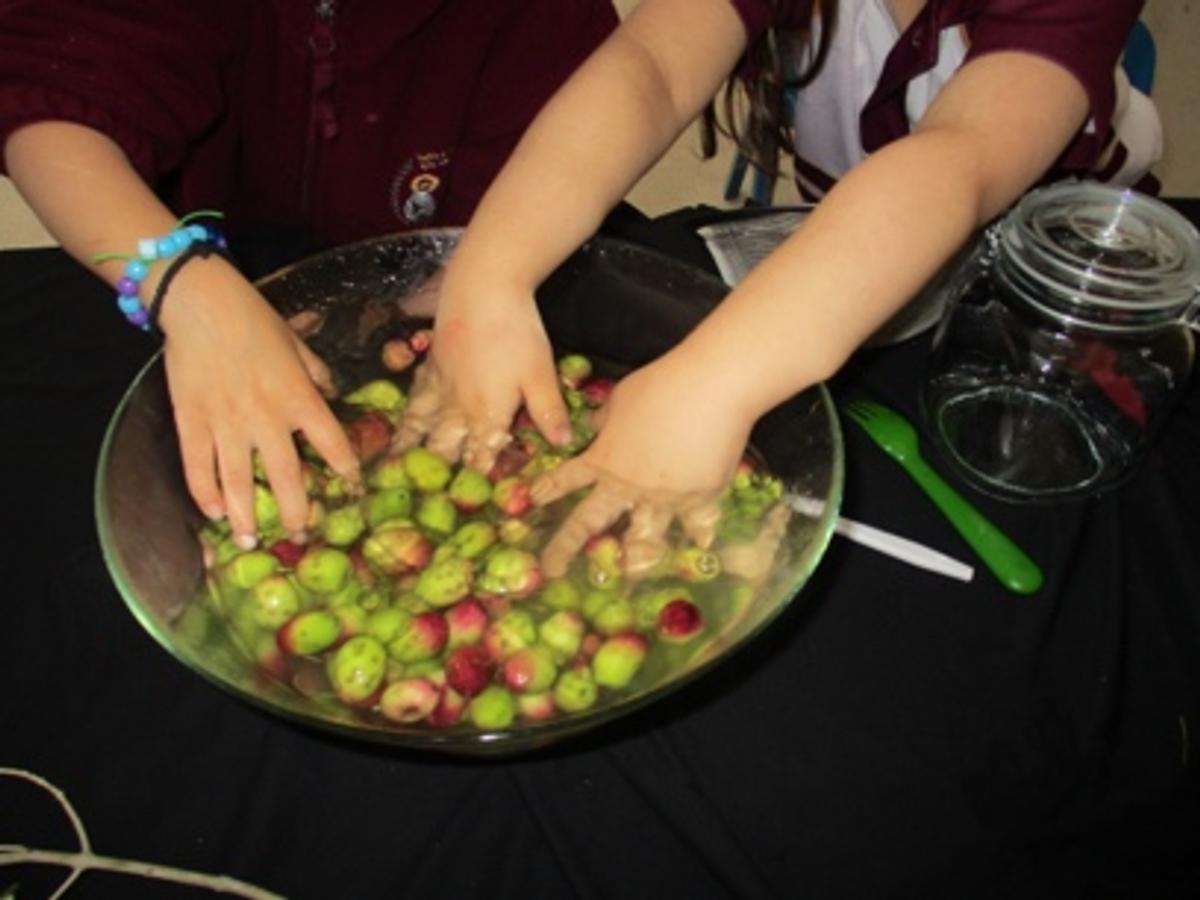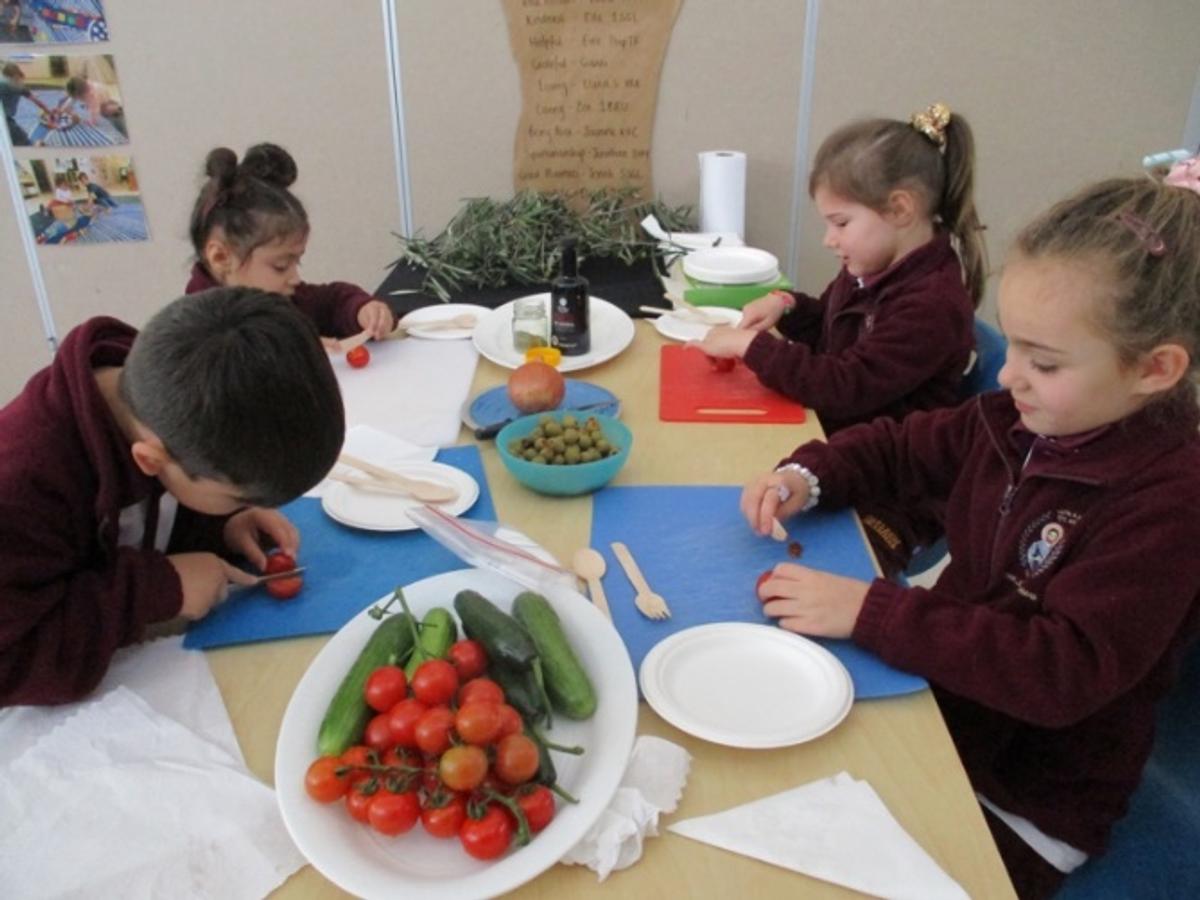ELC
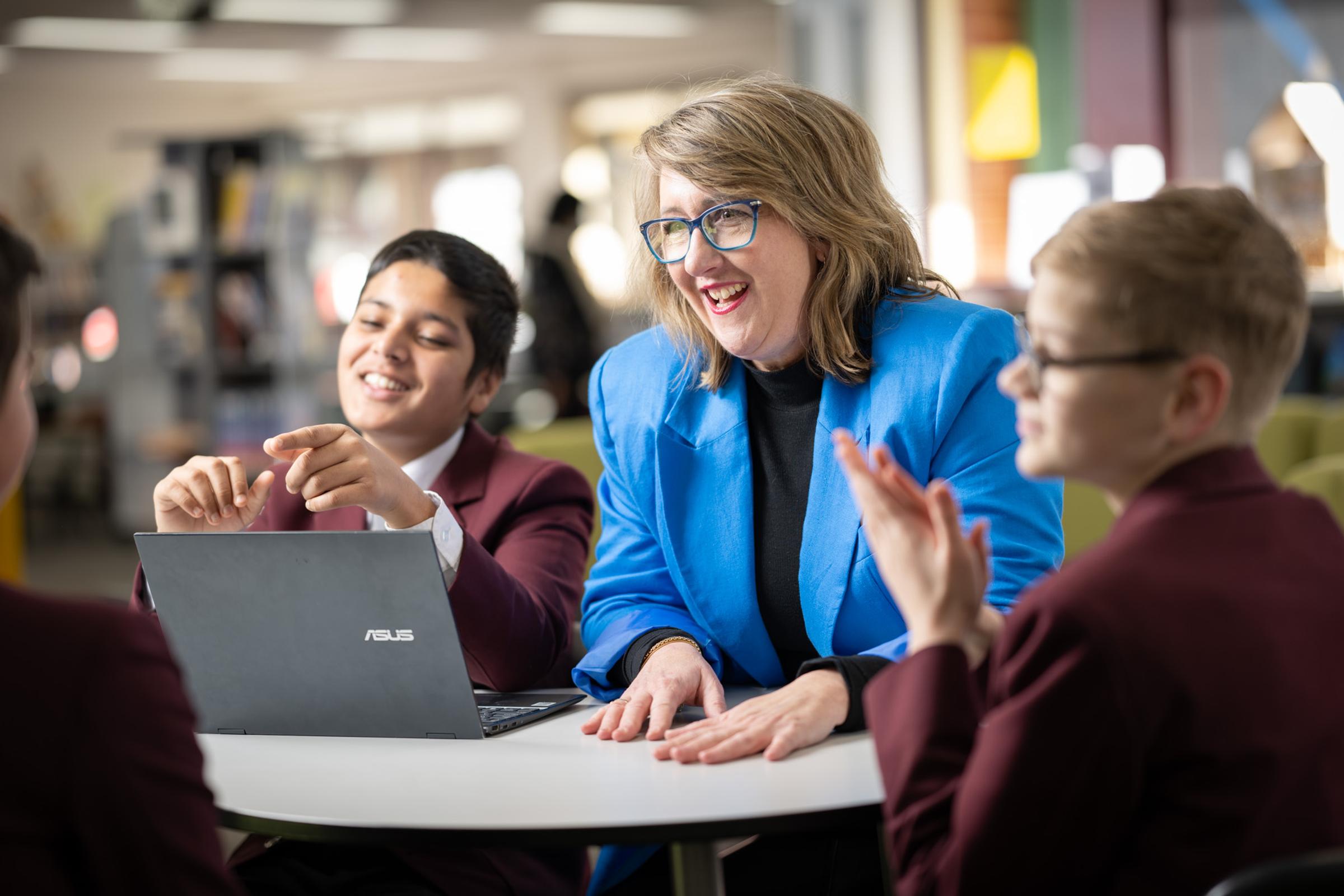
The language program at the ELC for our Kinder 4s is in full swing with Elli our Bilingual language Teacher.
Through purposeful and hands on activities the children are exposed to the Greek language, with a collaborative approach within the curriculum: Creating an immersive environment is highly effective for language acquisition. This involves surrounding children with the target language as much as possible by incorporating the second language into daily routines, such as greetings, mealtime conversations, and thorough play activities, with the use of authentic resources like books, songs, and games in the target language to engage children and make learning enjoyable. These are some examples of the activities making Jars of olives/ Greek salad and stories that have been incorporated into the language program to support the 7 guiding principles.
The language program at the ELC is based from the 7 Guiding principles of teaching and additional language
1. Children learn what they hear.
Children's language development is strongly influenced by the language they are exposed to. They absorb and imitate the sounds, words, and sentence structures they hear from their caregivers and peers. Therefore, providing a language-rich environment with clear and accurate language models is crucial for children's language learning
2. Children learn words and phrases for things and events that interest them.
Children are more motivated to learn language when it is relevant to their interests and experiences. They are more likely to acquire vocabulary and phrases related to objects, activities, and events that capture their attention and curiosity. Capitalize on their interests and incorporate them into language-learning activities to engage children and make learning meaningful.
3. Interactive and responsive contexts promote language and learning.
Language learning thrives in interactive and responsive environments. When educators actively engage with children, respond to their communication attempts, and provide meaningful feedback, it encourages language development. Creating opportunities for conversations, dialogue, and turn-taking helps children practice and refine their language skills.
4. Children learn words and phrases best in meaningful context. (Make meaning clear).
Learning words and phrases in meaningful contexts enhances children's understanding and retention. When language is embedded in real-life situations, stories, or concrete experiences, children can grasp the meaning and purpose behind the language. Providing context helps children make connections and apply their language skills in different situations.
5. Children need rich input Vocabulary and grammatical development support each other.
Exposing children to a wide range of vocabulary and grammatical structures supports their language development. Providing rich input involves using diverse and varied language models, exposing children to different genres of literature, and incorporating language-learning materials that expose them to new words, phrases, and sentence structures. This exposure helps expand their vocabulary and promotes grammatical development
6. Language & culture are connected and need to be understood in relation to each other.
Vocabulary and grammar are interconnected aspects of language learning. As children acquire new words, their understanding of grammar and sentence structure improves, and vice versa. Supporting both vocabulary and grammatical development through intentional language experiences and explicit instruction helps children build a strong foundation for language proficiency.
7. Language and culture are connected and need to be understood in relation to each other:
Language and culture are intertwined, and understanding one requires an appreciation of the other. Language carries cultural nuances, values, and perspectives. Teaching language in a culturally responsive manner, incorporating cultural elements, and fostering cross-cultural understanding helps children develop language skills that are meaningful and relevant in different cultural contexts.

